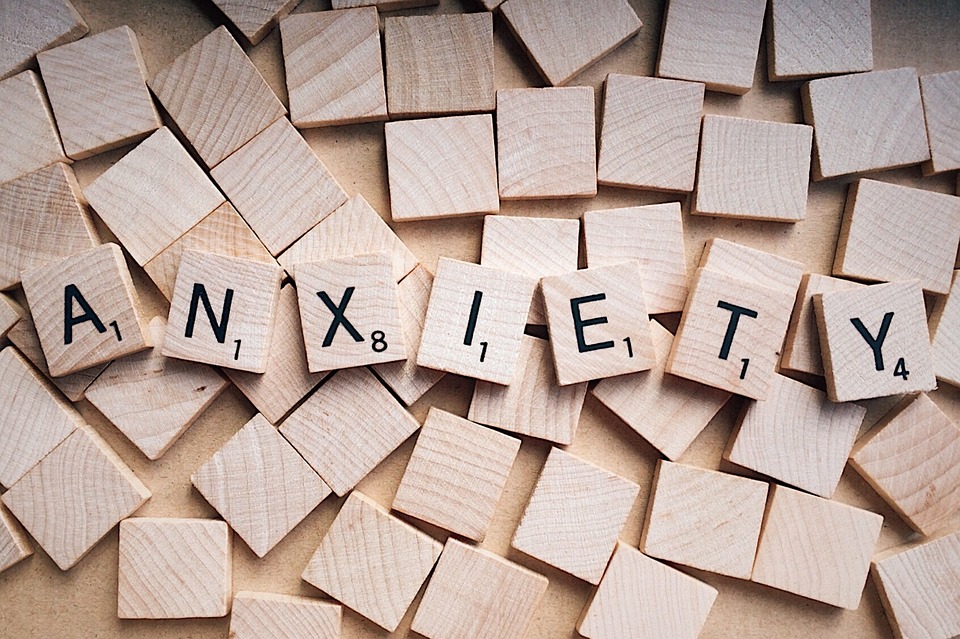It’s normal for children to feel worried or anxious occasionally – such as when they’re starting school or nursery or moving to a new area.
But for some children, anxiety affects their behaviour and thoughts every day, interfering with their school, home and social life.
This is when you may need professional help to tackle it.
Symptoms of anxiety in children
Signs to look out for in your child are:
finding it hard to concentrate
not sleeping or waking in the night with bad dreams
not eating properly
quickly getting angry or irritable, and being out of control during outbursts
constantly worrying or having negative thoughts
feeling tense and fidgety or using the toilet often
always crying
being clingy
complaining of tummy aches and feeling unwell
Separation anxiety is common among younger children, while older children and teenagers often worry more about school or experience social anxiety.If your child is having problems with anxiety, there’s plenty you can do to help.
See more self-help tips for parents of anxious children.
It’s a good idea to seek professional help if your child is constantly anxious and:
it’s not getting better, or is getting worse
self-help isn’t working
it’s affecting their school or family life, or their friendships
Where to get help for anxiety
An appointment with your GP is an excellent place to start.
You can talk to the GP on your own or with your child, or your child might be able to have an appointment without you.
If the GP diagnoses your child with an anxiety disorder, they may refer them to the local child and adolescent mental health service (CAMHS). CAMHS workers are trained to help young people with a wide range of problems, including anxiety.
If your child doesn’t want to see a doctor, they may be able to get help directly from a local youth counselling service.
Treatments for anxiety disorders in children
The type of treatment offered will depend on your child’s age and the cause of their anxiety.
Counselling can help your child understand what’s making them anxious and allow them to work through the situation.
Cognitive behavioural therapy (CBT) is a talking therapy that can help your child manage their anxiety by changing the way they think and behave.
Anxiety medicines may be offered to your child if their anxiety is severe or doesn’t get better with talking therapies. They are usually only prescribed by doctors who specialise in child and adolescent mental health.
What causes anxiety disorders in children
Some children are born more anxious and less able to cope with stress than others.
Children can also pick up anxious behaviour from being around anxious people.
Some children develop anxiety after stressful events, such as:
frequently moving house or school
parents fighting or arguing
the death of a close relative or friend
becoming seriously ill or getting injured in an accident
school-related issues like exams or bullying
being abused or neglected
Children with attention deficit hyperactivity disorder (ADHD) and autistism are more likely to have problems with anxiety.
